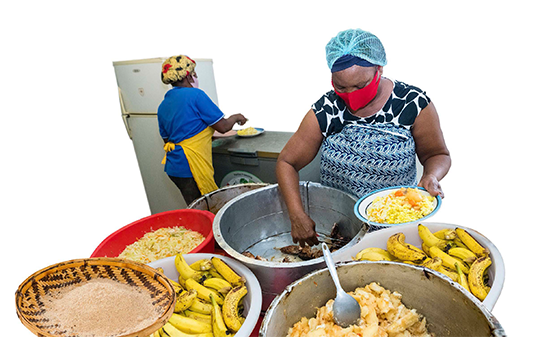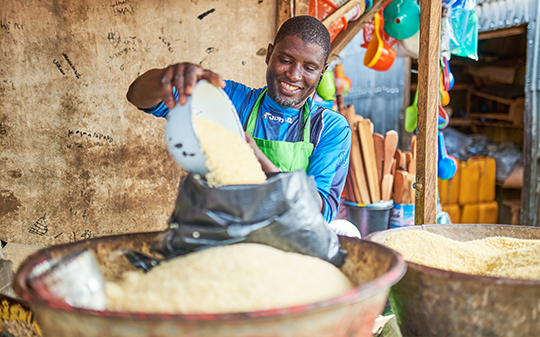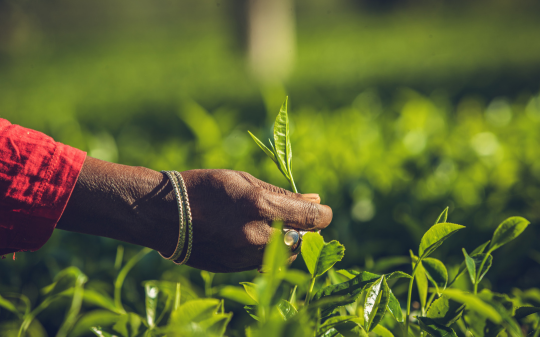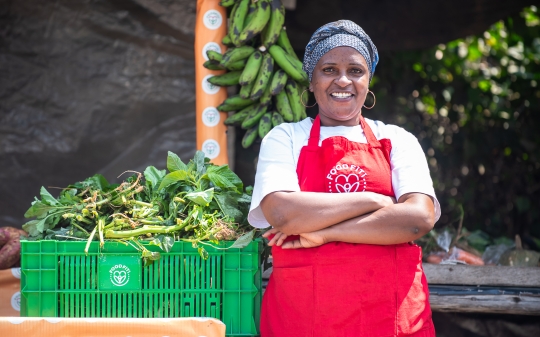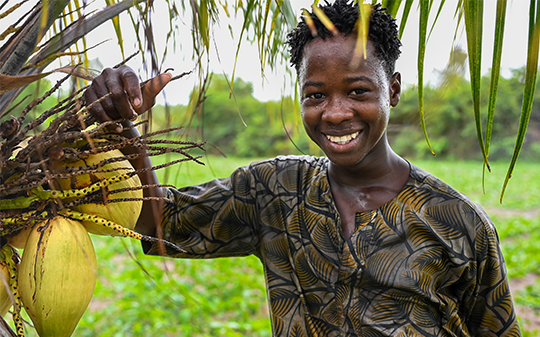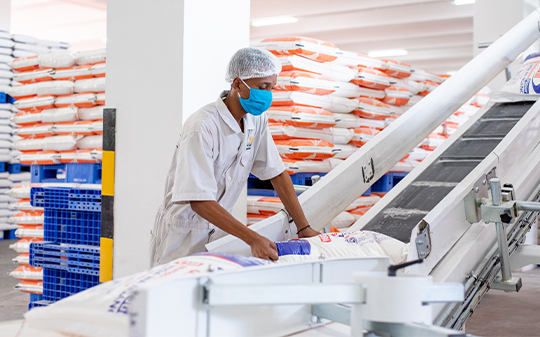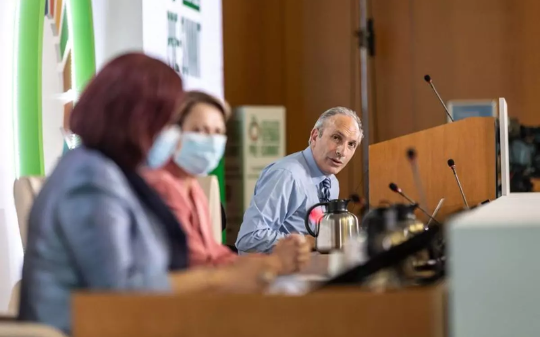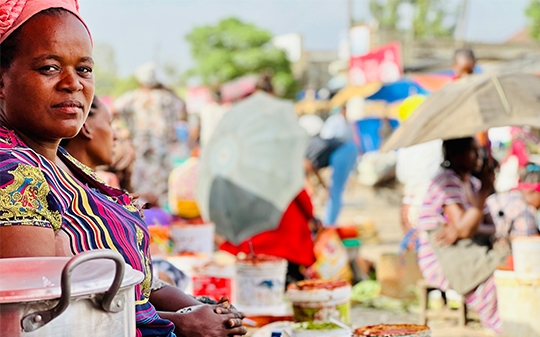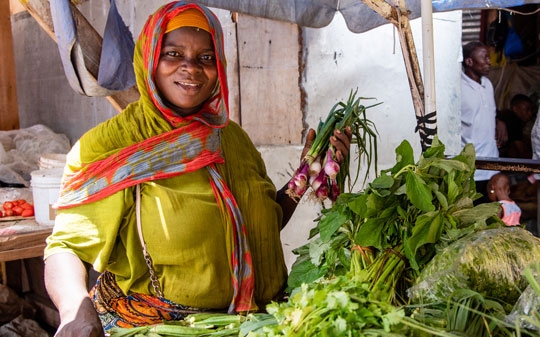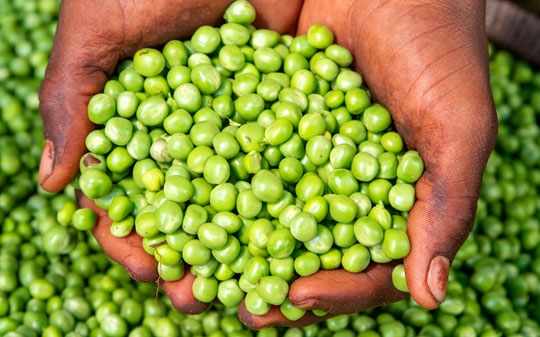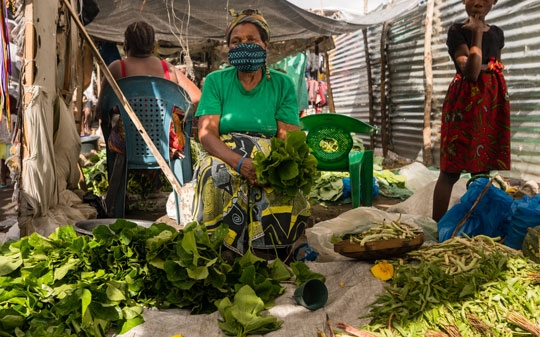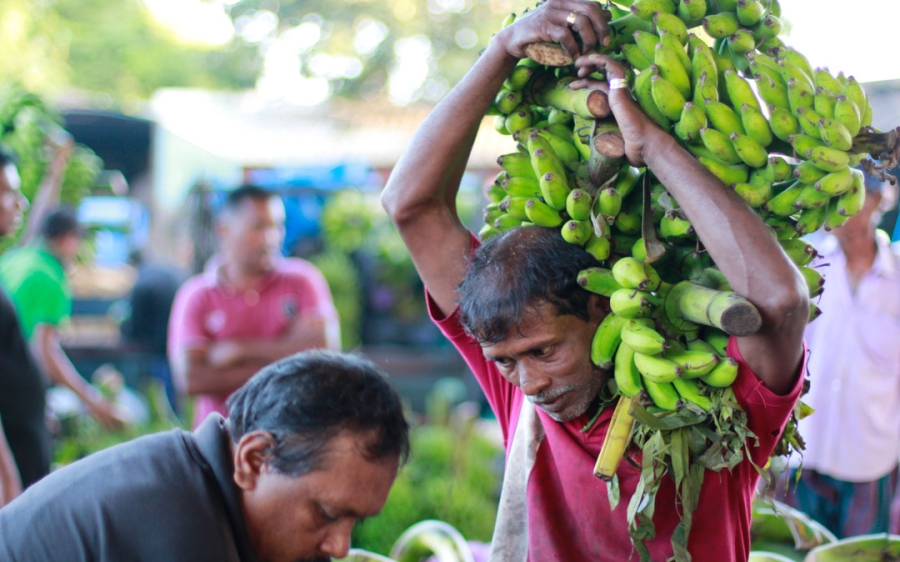
What is the connection to nutrition, food systems, and policy pathways?
Resilient food systems play a significant role in ensuring the availability and accessibility of nutritious food, safeguarding against food insecurity and malnutrition, especially during crises. The connection between the resilience of food systems, nutrition, and policy pathways is profound and multifaceted.
Public policies are essential in reinforcing the resilience of the food system by promoting sustainable agriculture, investing in disaster-resistant infrastructure, and creating safety nets for vulnerable populations. These policies create an environment that supports both food security and nutrition. Recognizing this interconnection is crucial for a holistic approach to food systems, aligned with international agendas such as the Sustainable Development Goals.



